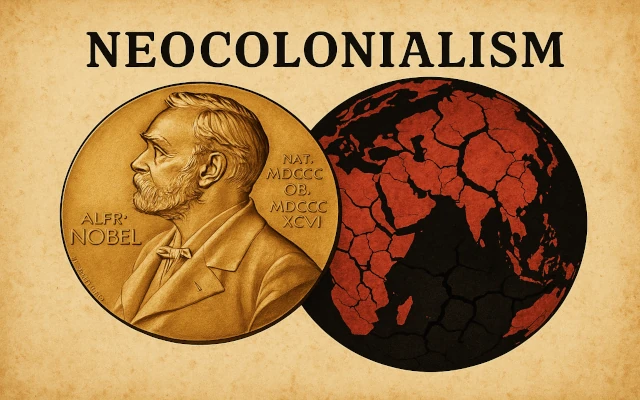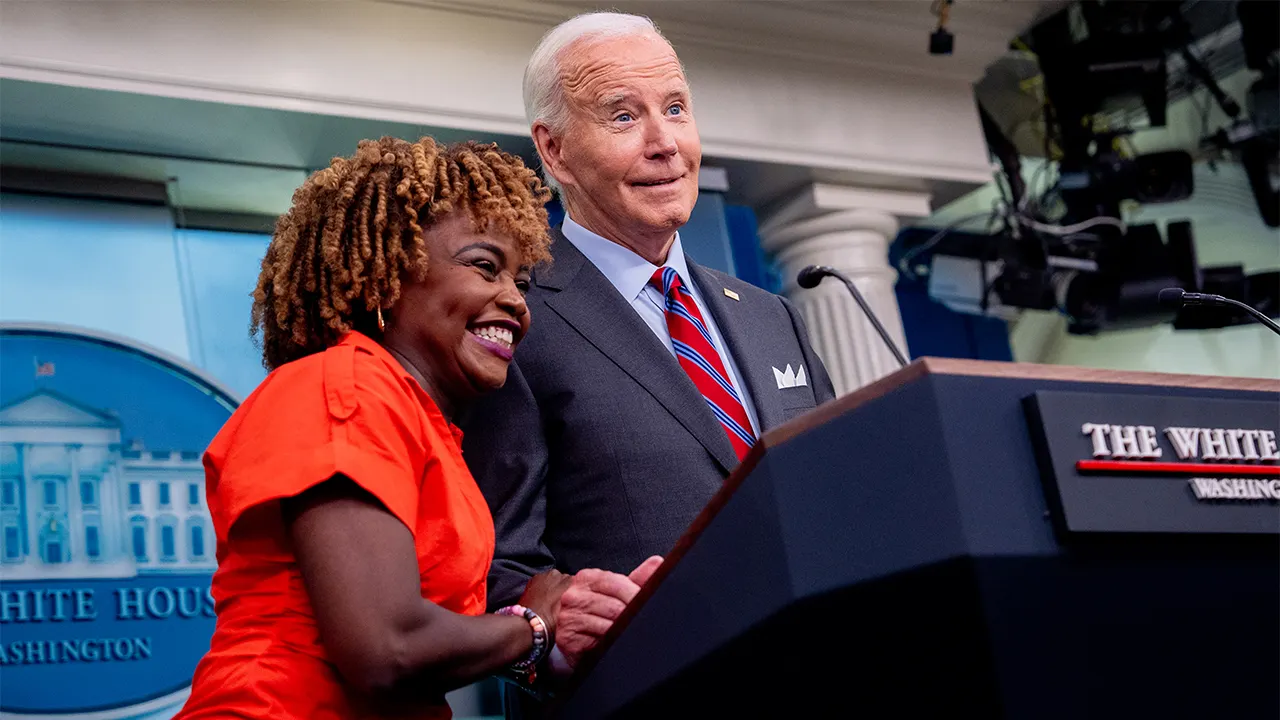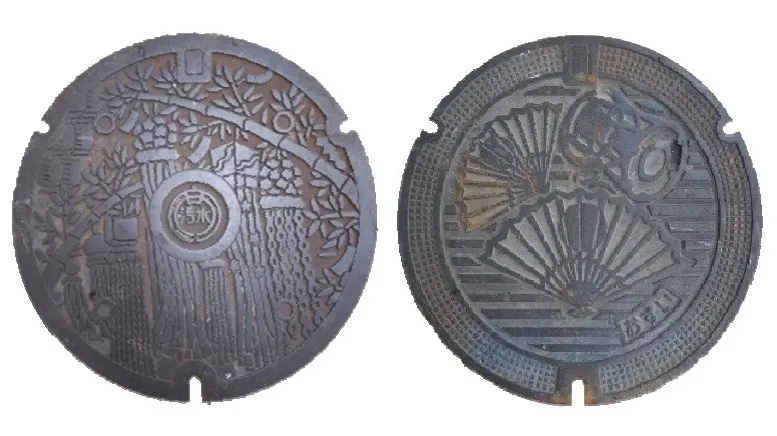Copyright newskarnataka

Among the colonial powers, Portugal was the last to end its colonial supremacy. The Portuguese colonies lasted till 2002, and the last country to be liberated was East Timor in South East Asia. Portugal colonised for five hundred years. Menavali Ghat which is around two hundred and thirty kilometers south of Mumbai, is believed to have been built by the Maratha kings. At the Ghat, there is Maneswar temple on which a stone canopy houses a Portuguese bell; made from an alloy of five different metals, without a clapper; weighing approximately six hundred and fifty kilograms; erected there in 1739 by Chimaji Appa, a Maratha warrior who defeated the Portuguese. On one side, it features a bas-relief of Mary carrying infant Jesus, below that, the inscription 1707, the year of its making. The bell stands as a symbol of the Maratha victory against a European colonialist. Tangasseri is in Quilon, presently Kollam, Kerala, and has a mostly abandoned fort with a cemetery in it. Initially, the Portuguese, and thereafter the Dutch, settlers in Kollam were buried here. Subsequently, after the English took over, their citizens who died in Kollam were also buried there. Kappad beach which is a part of the present Kozhikode district, is where Vasco da Gama alighted on 20 May 1498 and met the local ruler, Zamorin, the Samoothiri, and took over the spices trade from the Arabs. However, when the Dutch arrived, the Portuguese moved over to Kochi and in alliance with the Raja of Kochi fought the Dutch and established their superiority. However, a century later, the Portuguese were defeated by Kunjali Marakkar, a Muslim leader and the Portuguese kept Goa as their trading centre, the cemetery nonetheless stands as the monument to colonialism. Gradually, those who arrived for trades, more for spices, became the rulers of the country. However, the Portuguese gradually limited their sphere of activities to Goa and they continued to rule it despite their fights not only with the locals but also with the Dutch and the English. However, they left Goa only after an independent India fought them out in 1961. Apart from dominating the coastal belt of Southern India, they, most importantly, instigated the global conflict fought between the Arabs and the Europeans for five centuries. It may not be wrong to say that what began first as a competition in the spices trade in the Indian coast turned out to be the fight between the two religious communities? There was also some amount of communal and religious overtones in all activities of the Portuguese, the Dutch, the French and the English, who established many colonies. India was the foremost among them as they could extract maximum wealth out of this country which was being ruled by petty kings, fighting each other for small reasons, despite the existence of several empires that had been established by wise rulers in the past. In fact, some such empires were in their dying stages by the time the British established themselves as the greatest of traders turned rulers, from East India Company to the British kingdom. No doubt, there are several symbols like the bell at Menavali which stand for the earlier resistance of the natives, as precursors of the Indian freedom struggle. Far more importantly, one can interpret the conflict between Palestine and Israel that happen today as the typical replay of Arab-Christian conflicts of the past, because Palestine is supported by the Arabian countries and Israel is supported by the Christian countries in Europe and America with the latter having a greater amount of power. Undoubtedly, these conflicts have their roots in the conflict between the Arab and the European traders, the latter was able to take over and establish themselves firmly. A historical analysis reveals a significant difference in the establishment of the American colonies, which became United States, after they were liberated from the European countries like Portuguese, Spain, France and England; they did have an advantage over other liberated countries in other continents from the colonialists because the American States carried with them similar cultures when the Europeans conquered the natives. Indeed, the cross culture that was cultivated in the United States had made them suffer in the long run because of the culturelessness that they represent now. However, they had an advantage that there were no Arab traders in their new found lands unlike the times when the Europeans came to Asia or Africa. The fact that the United States had several European countries who individually established their powers in North America and that they did not have organised resistance from the inhabitants of different parts of the present United States went to the advantage of the formation of the United States. The formation was, though there was a civil war, because of the fight between the different European countries which exerted their influence on groups of populace, difficult because of cultural differences and not because of different types of kingdoms that existed. Also, none of the states had Arabs who were there earlier to do trading of any type. A quick analysis of the origins of the conflict between Palestine and Israel would bring out the centuries old conflict of trades between the Arabs and the Christians, the latter is easily represented by the Jews. Unless this fact is taken into consideration the conflicts in the Middle East and the mediation by neocolonialists will continue even if an American president attempts to win a Nobel Prize at least in the next year, as he lost it this year. A pertinent question is why this president waited for the killing of thousands of people and destruction of properties worth millions. The same could have been achieved within the first week of the war. However, one understands that first greed replaces desires which would have already replaced wishes. The President of the United States would have moved from the last to the first and it would have taken a couple of years for a nincompoop. …………………………………. Prof. Sunney Tharappan, is Director of College for Leadership and HRD, Mangaluru. He trains and writes and lives in Mangaluru. Email: tharappans@gmail.com



